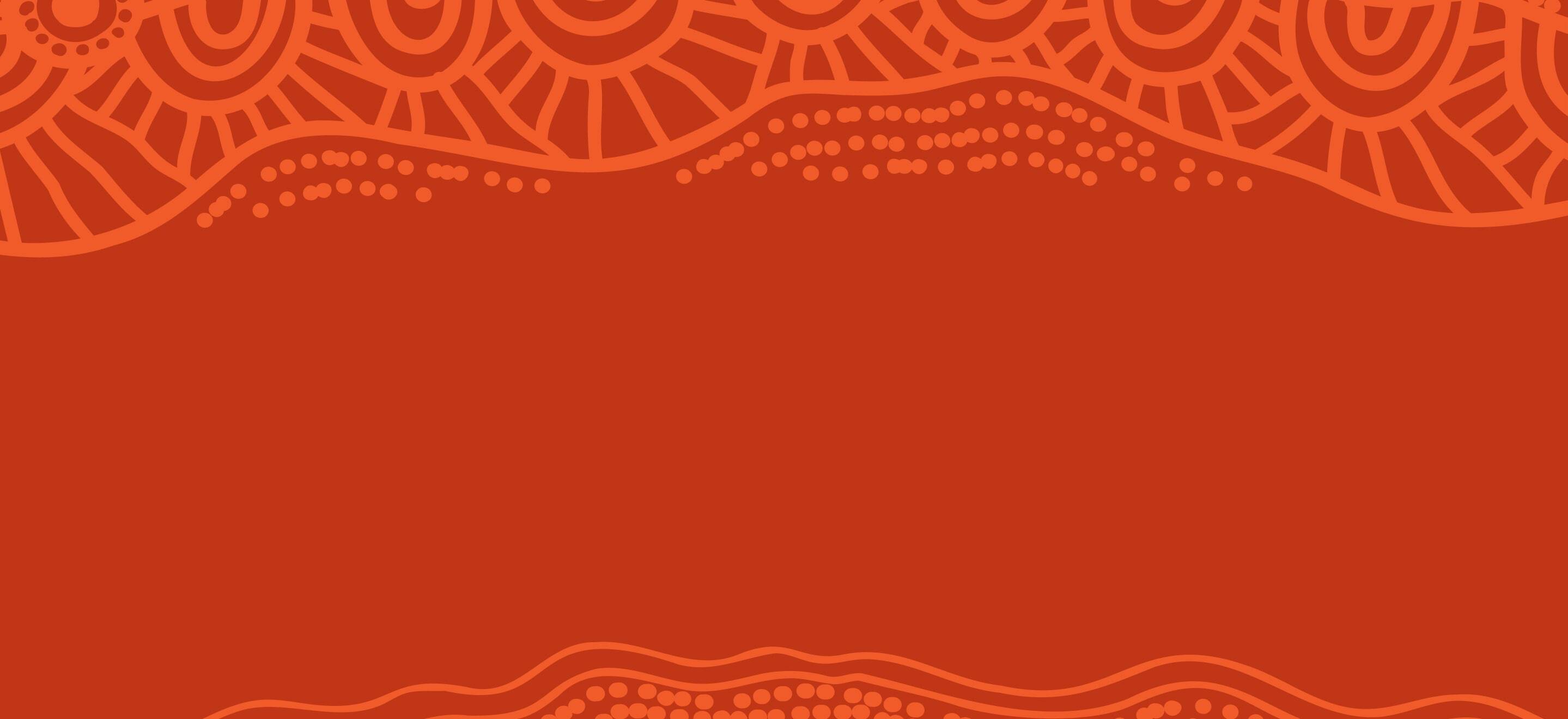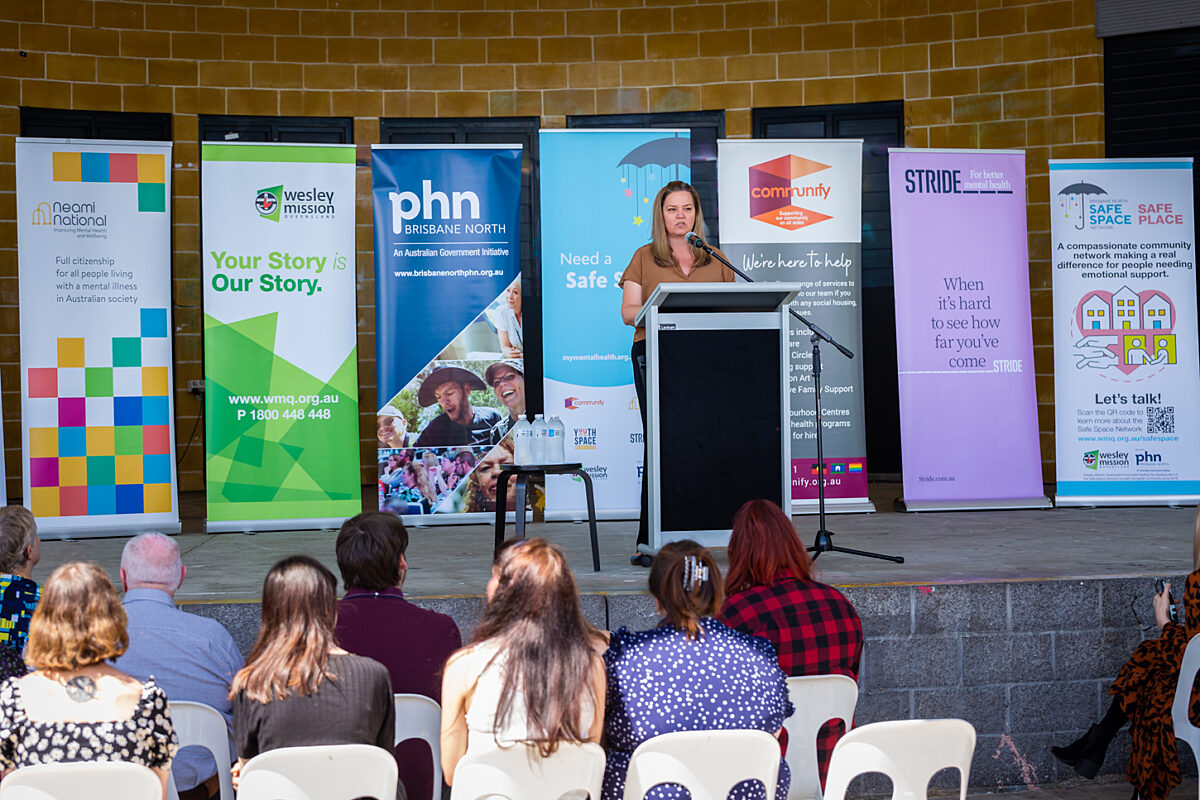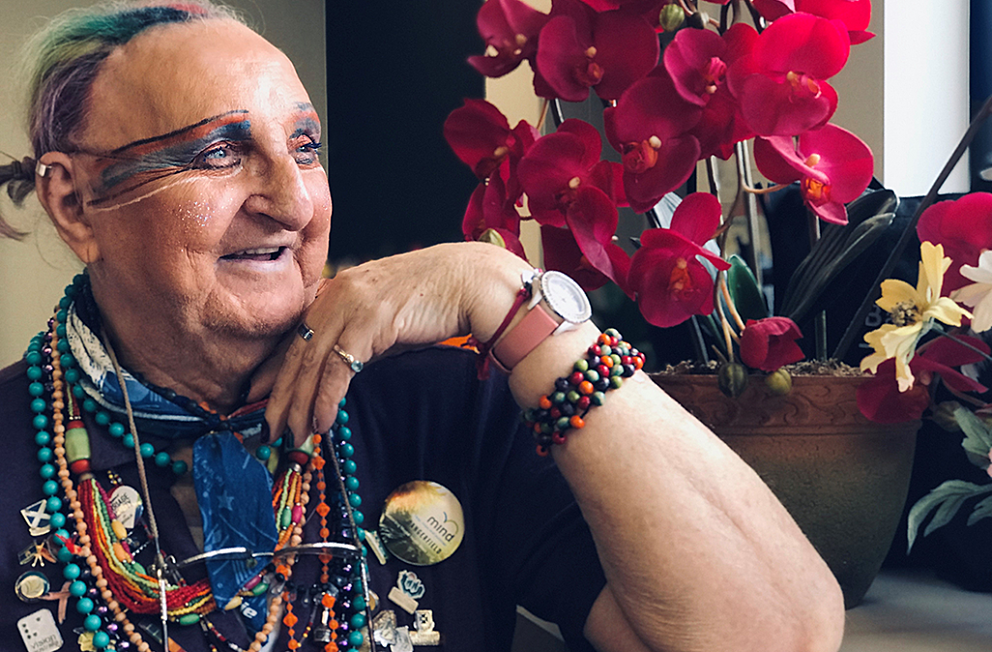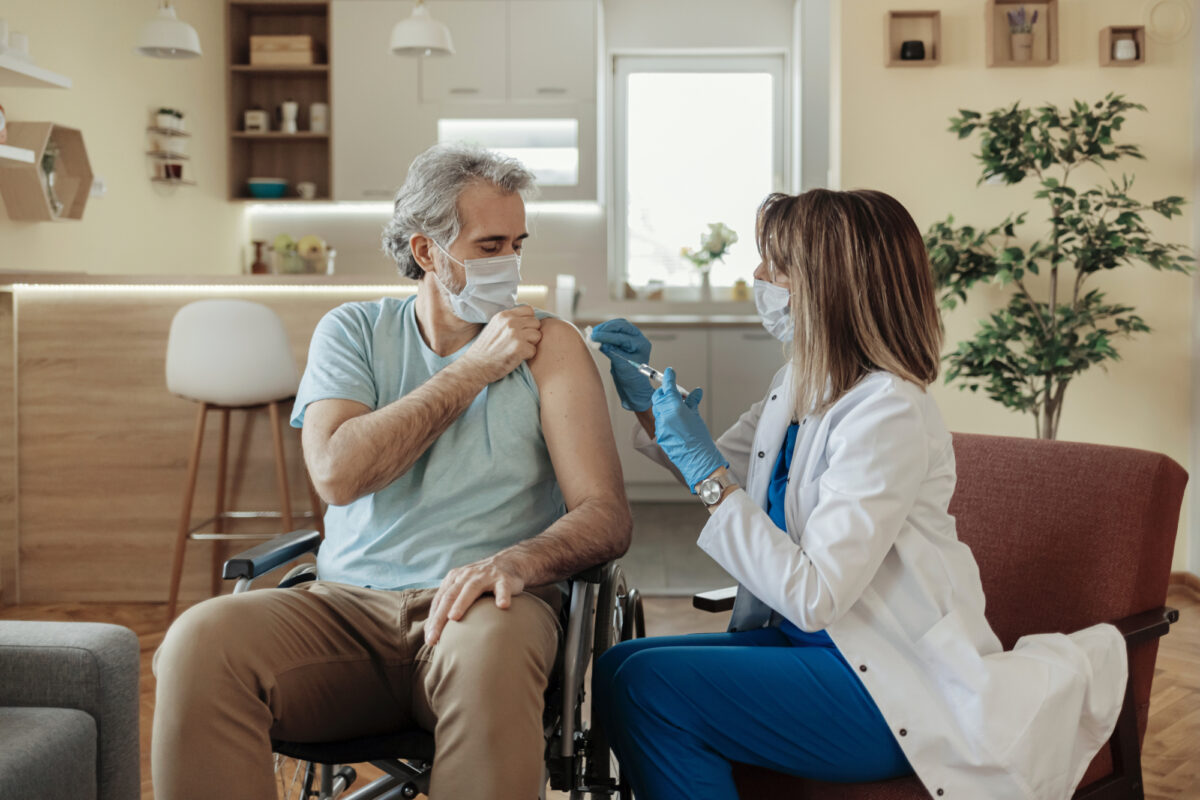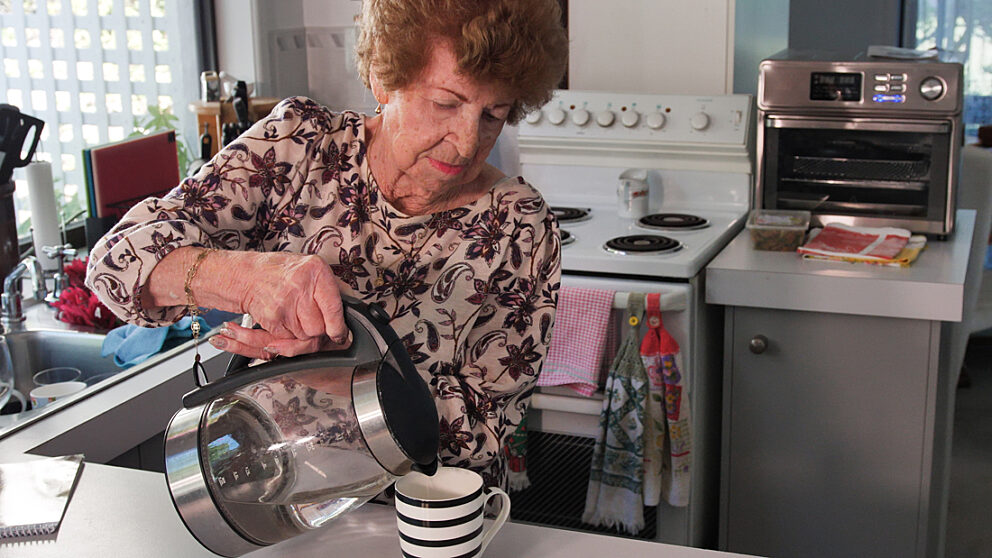CEO
Libby Dunstan
Over the past financial year, primary care has shown great resilience and innovation in the face of ongoing challenges. At Brisbane North PHN, we continue to collaborate with exceptional providers to deliver the best possible health and community care system for people in North Brisbane and Moreton Bay. Despite the challenges, it’s been another year to be proud of.
In September 2021, we launched Your Care Navigator to connect local residents with support services for healthy ageing. This online tool collates information about dementia care, physical and mental health, nutrition, social connection, and digital skills – all key needs for healthy ageing.
We’ve continued our critical role in supporting the COVID-19 response. In June, we reached a significant milestone of over 1.5 million COVID-19 vaccinations
administered by primary care in the North Brisbane and Moreton Bay region since February 2021. More than two thirds of all vaccines in our area have been delivered by primary care, which is a remarkable achievement.
Early in 2022 we experienced floods across the region. With additional funds made available by the Australian Government, we increased the capacity of providers to provide psychological support to people affected by the floods. Additionally, we funded resilience and wellbeing activities delivered by five neighbourhood and community centres in the most flood-affected areas of our region.
We reinforced our focus on the Health Alliance, our strategic partnership with Metro North Health, through which we are progressing a ground-breaking shared model of care. The Integrated Hospital in the Home (IHITH) program aims to improve the management and care of key conditions for Aboriginal and Torres Strait Islander people. We also established the Caboolture Care Collective to identify people who frequently present to Caboolture ED and improve their access to primary care closer to home, thus reducing the burden on hospitals.
To address the key issue of domestic and family violence (DFV), Brisbane North PHN developed a quality improvement toolkit and delivered important training to a number of our practices. This increased primary care providers’ confidence and understanding of DFV, their role in supporting patients, and the specialist services available.
Our PHN commissioned four Safe Spaces
in Bardon, Strathpine, Caboolture and Redcliffe, to support people experiencing emotional distress or suicidal thoughts. Three of these opened in June and are a peer-led model that provides an alternative to hospital emergency departments for those in emotional distress.
None of these achievements could happen in a vacuum. The PHN works with stakeholders across the sector to deliver these outcomes, and I thank each and every one of you for your unwavering commitment, resilience, and dedication to improving the health of our community.
Chair
Dr Anita Green
As a Primary Health Network, our success depends on the strength of our long-term relationships and knowledge across the health sector in our Brisbane North community. Our partnerships are founded on mutual trust and respect. The strength of these relationships enables us to provide significant ongoing support and innovative mechanisms to work together, despite another challenging and uncertain year for everyone in the primary care sector.
In the face of a difficult and rapidly-evolving environment, Brisbane North PHN focused on what it does best – working collaboratively with stakeholders to achieve significant outcomes.
The Health Alliance is the cornerstone of our relationship with Metro North Health and remains a key strategic partnership. It is overseen by the Joint Board Committee of the PHN and the HHS, which provides shared governance. We undertake innovative opportunities to integrate acute and primary care and tackle complex problems that can’t be solved independently.
In May, we launched our second Reconciliation Action Plan (RAP). Not only was the Innovate RAP officially endorsed by Reconciliation Australia, but it confirms our commitment to reconciliation and social change, and will help us build a health system that is culturally responsive and inclusive for all.
At the Board level, we’ve re-established stakeholder dinners with our valued providers, not-for-profit organisations, and clinicians, to understand work across the sector and consider how we can better collaborate over time. I speak on behalf of all Board members when I say we truly value that close collaboration and look forward to finding more opportunities to work together with our key stakeholders to provide better care for the community.
As I reflect on the past 12 months, one common thread is clear. I saw time and again the commitment, dedication, and selflessness of primary care clinicians, who continue to prioritise patient-centred care and work tirelessly to improve the health of residents in our region, despite the challenges posed by the pandemic and workforce issues. On behalf of the Board, I’d like to thank everyone in primary care for their outstanding efforts.
Our heartfelt thanks also go to Libby Dunstan and the entire team at Brisbane North PHN, who maintained a steadfast focus on our vision during a time of considerable change – that is, a community where good health is available for everyone.
